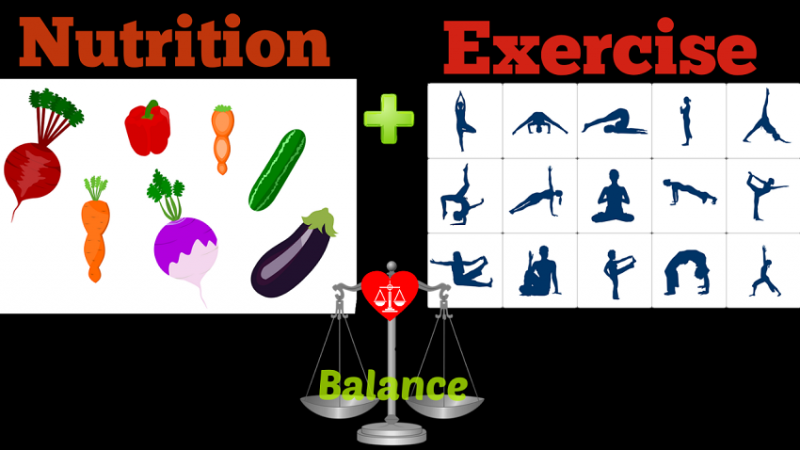
Cancer treatment typically involves surgery, chemotherapy, radiation therapy, immunotherapy, targeted therapy, and hormone therapy. However, other supportive strategies, known as adjunctive care, can significantly improve a patient's quality of life, survival, and overall experience during treatment. Among these, exercise and diet play key roles.
The Power of Exercise
Regular physical activity is beneficial for everyone, but it is especially crucial for cancer patients. Exercise helps reduce fatigue, improve mood, and enhance overall physical functioning. Studies have shown that patients who maintain an active lifestyle during and after cancer treatment often experience better outcomes and improved survival rates.
Reduces Fatigue: Fatigue is a common side effect of cancer treatment. Regular exercise can combat this by boosting energy levels and reducing feelings of tiredness.
Improves Mood: Physical activity releases endorphins, the body’s natural mood lifters, which can help alleviate symptoms of depression and anxiety often experienced by cancer patients.
Enhances Physical Functioning: Exercise helps maintain muscle strength, flexibility, and cardiovascular health, which are vital for recovery and overall well-being.
The Role of Diet
A balanced diet is equally important for cancer patients. Proper nutrition supports the body’s healing process, boosts the immune system, and helps manage treatment side effects.
Supports Healing: Nutrient-rich foods provide the vitamins and minerals necessary for tissue repair and recovery.
Boosts Immunity: A healthy diet strengthens the immune system, making it more effective at fighting infections and illnesses.
Manages Side Effects: Certain foods can help manage side effects such as nausea, loss of appetite, and digestive issues, making it easier for patients to tolerate their treatment.
Practical Tips for Cancer Patients
Exercise Tips:
Start Slow: Begin with low-intensity activities like walking or stretching, gradually increasing the duration and intensity.
Stay Consistent: Aim for at least 150 minutes of moderate exercise per week.
Listen to Your Body: Adjust your activity level based on how you feel. It’s essential not to overdo it.
Diet Tips:
While traditional cancer treatments are critical, incorporating exercise and a balanced diet into your routine can significantly enhance your quality of life and survival chances. Always consult with your healthcare provider before starting any new exercise or diet regimen, as they can tailor recommendations to your specific needs and treatment plan.
Endometriosis: What You Need to Know and How to Prevent It
How to Stay Cool and Hydrated During Your Summer Pregnancy
The Link Between Excessive TV Time and Myopia: Steps to Protect Your Vision